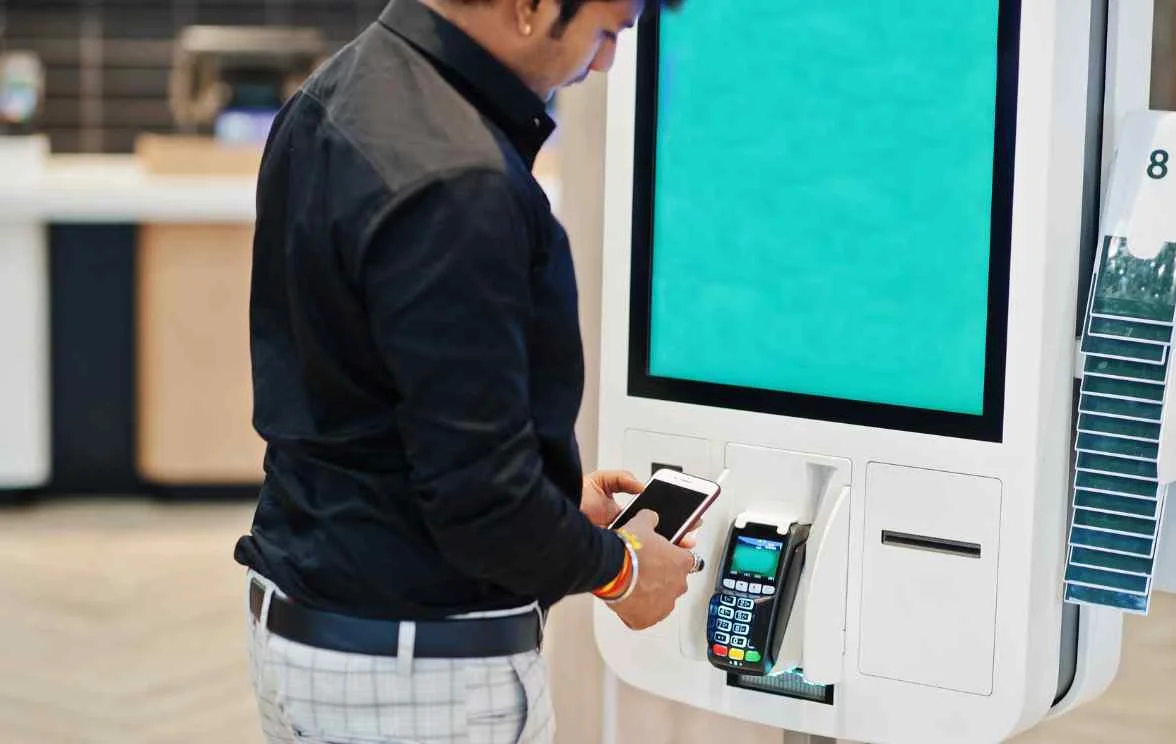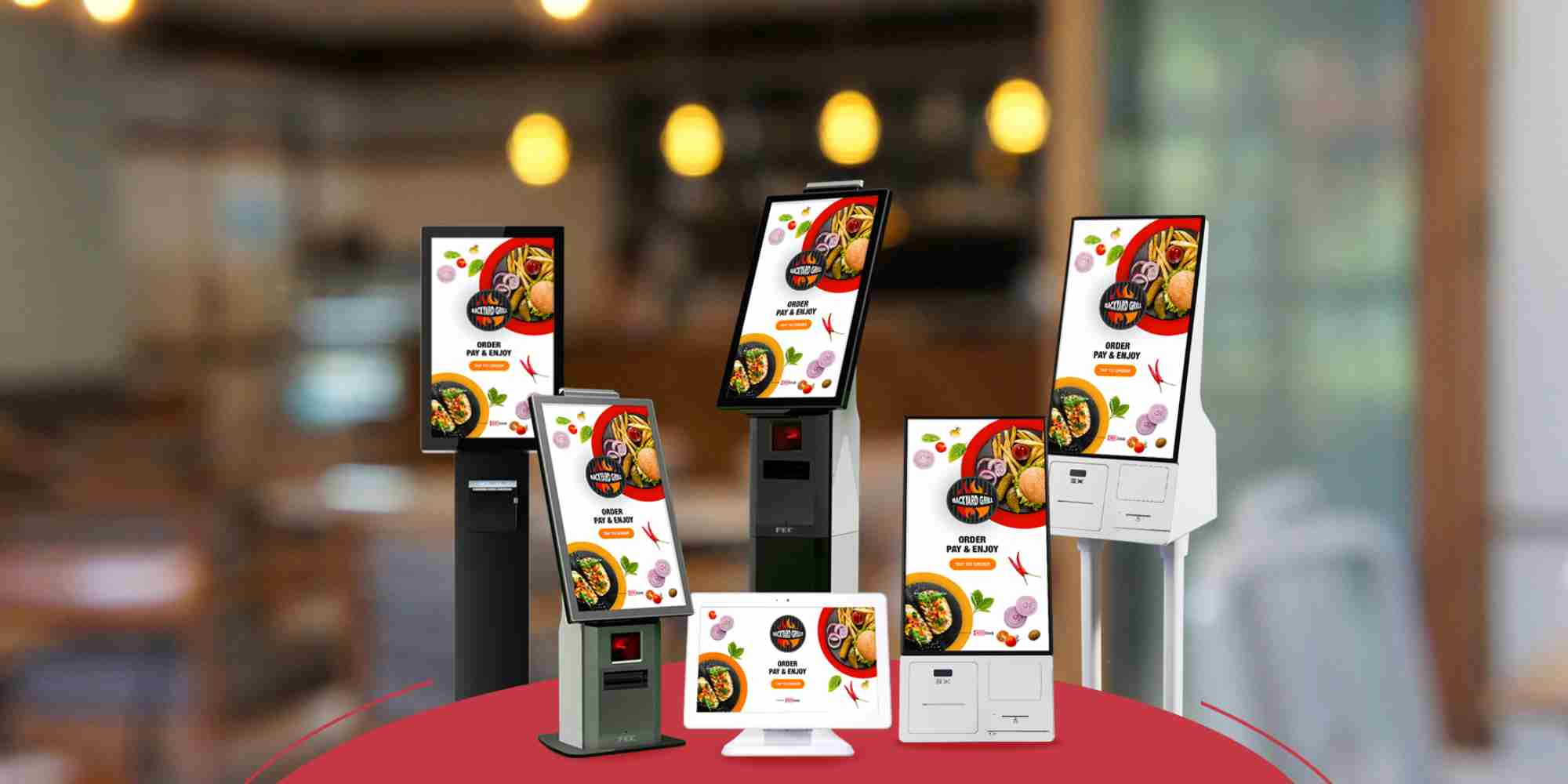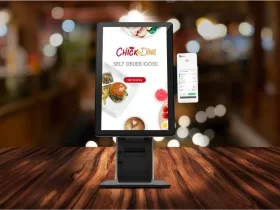In today’s rapidly evolving digital landscape, self-service technology has become an important tool for businesses aiming to enhance customer satisfaction and streamline operations. Recognizing this trend, Vending Times has introduced the Self-Service Innovation Summit, an annual conference dedicated to exploring advancements in technology that empower businesses to deliver products and services in line with consumer expectations.
Benefits of Self-Service Kiosks
1. Reduction in Wait Times
Self-service kiosks stand out as a transformative solution in bustling environments, especially during peak dining hours in restaurants. They play a crucial role in diminishing customer wait times, thereby significantly improving the overall customer experience. Customers can seamlessly place their orders through the kiosks, ensuring a swift ordering process and subsequently leading to faster service. This not only accelerates the table turnover rate but also contributes to a smoother and more efficient operational flow within the restaurant.

The impact of reduced wait times extends beyond customer satisfaction. It directly correlates with the restaurant’s ability to accommodate more customers, thereby potentially elevating sales and revenue. In the competitive realm of the restaurant industry, adopting self-service kiosks can be a strategic move to maintain a competitive edge, ensuring customers leave with a positive impression and are likely to return.
Must Read: Improve Restaurant Dining Experience and Revenue using Self-Ordering Kiosks
2. Consistency in Service Delivery
The introduction of self-service kiosks in the service delivery process introduces a level of consistency that is hard to achieve through human interactions alone. These kiosks are impervious to human factors such as mood swings, fatigue, or potential miscommunication, ensuring that every customer receives the same high level of service every time.
This consistency is instrumental in building trust and loyalty among customers. It guarantees that regardless of how busy the restaurant is or which staff members are on duty, the quality of service remains constant. This uniformity in service delivery is a crucial element in fostering a positive brand image and encouraging customers to make repeat visits, ultimately contributing to the establishment of a loyal customer base.
3. Increased Employee Productivity
Self-service kiosks effectively take over routine order-taking tasks, thereby freeing up restaurant staff to concentrate on other vital aspects of service delivery. This includes areas such as food preparation, quality control, and personalized customer service. By optimizing the allocation of human resources, these kiosks contribute to an increase in employee productivity.
Employees are able to dedicate their skills and attention to tasks that necessitate a human touch, ensuring that every facet of the customer experience is meticulously managed and enhanced. This strategic redistribution of tasks not only improves employee morale but also contributes to a more dynamic and efficient workplace environment.
4. Enhanced Customer Engagement
Self-service kiosks offer an unparalleled opportunity for businesses to connect with their customers in innovative and meaningful ways. They serve as interactive platforms, providing personalized recommendations and curated dining experiences based on individual customer preferences and past orders.
This personalized approach fosters a deeper connection between the restaurant and the customer, making customers feel more valued and understood. The engagement goes beyond the transactional, creating a memorable experience that customers are likely to share with others, further enhancing the restaurant’s reputation and customer base.

5. Cost Savings and Return on Investment (ROI)
Investing in self-service kiosks is a forward-thinking decision that promises substantial cost savings in the long term. By automating the order-taking process, restaurants can operate more efficiently, requiring fewer front-of-house staff. This leads to significant savings on labor costs. Additionally, the precision of self-service kiosks minimizes the likelihood of order errors, reducing costs associated with food waste and customer compensations.
While the initial investment in kiosk technology might be substantial, the long-term cost savings, coupled with the potential increase in sales and customer satisfaction, result in a compelling return on investment. This makes self-service kiosks a financially sound and strategic investment for restaurant owners aiming to future-proof their businesses.
Must Read: How to Implement a Restaurant Kiosk in Your Store?
There Are Three Types Of Kiosks –
1. An Interactive Kiosk
An interactive kiosk has an intuitive interface that provides helpful information and enables users to conduct certain transactions. You can use interactive kiosks to help with current staff shortages. The core feature of these kiosks is self-service, meaning that users get the necessary information, products, or services they need whenever they want.
2. Wayfinding Or Informational Kiosks
Wayfinding or Informational Kiosks help customers find their way through your space by including directories, maps, and directional displays. You can find wayfinding kiosks in shopping centers, big box stores, museums and exhibitions, healthcare, and government organizations.
3. You Can Find Self-Service Or Self Ordering Kiosks
You can find Self-Service or Self Ordering Kiosks in restaurants, hotels, groceries, and convenience stores. Customers can use this type of kiosk to shop without having to wait for the assistance of a store associate. A self-service kiosk can increase the number of transactions processed, making more profit for your business.
Adopting self-service kiosks is a strategic move towards enhancing efficiency and customer satisfaction in today’s competitive marketplace. These innovative solutions not only streamline operations and improve service delivery but also play a crucial role in building customer loyalty and driving business growth. As we embrace the digital era, integrating self-service kiosks is a clear indication of a business’s commitment to innovation and customer-centricity, setting the stage for long-term success.












Leave a Reply